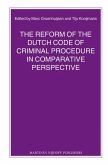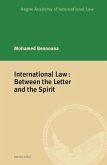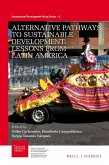Conventional wisdom has it that the successful functioning of the UN Security Council almost completely depends on the role played by its five permanent members and the extent to which they can agree--or avoid to fundamentally disagree--on the many issues on the Council's agenda. But the Council also consists of ten non-permanent or elected members who represent five different regions of the world, and who, though not vested with the right of veto, play an indispensable role in Council decision-making. This book aims to take a closer look at that role.








